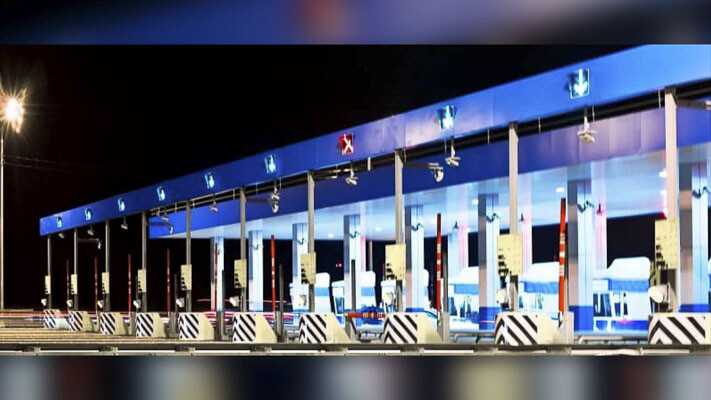
But, they don’t know where they’re going
Dr. Eric Fruits, Ph.D.
Cascade Policy Institute
“We got a full tank of gas, half a pack of cigarettes, it’s dark … and we’re wearing sunglasses.” That line is from the Blues Brothers movie, but it’s an apt description of the Oregon Department of Transportation’s process to impose tolls on I-5 and I-205 all the way from Wilsonville to the Columbia River.
ODOT is gassed up and ready to go with tolling, but they have no idea where they’re going or what they’ll do once they get there.
They don’t know if they want to reduce congestion or maximize revenues. That’s a big question that can have big effects on how much drivers will pay. In particular, it is well known and widely accepted that tolls designed to raise revenues tend to be higher — sometimes much higher — than the tolls needed to reduce congestion.
They don’t know what they’ll do with the money. But, we do know what they won’t do with the money. They won’t be expanding roadway capacity — they’ve made that very clear.
This week, the transportation agency is taking comments on its tolling plan. Cascade Policy Institute will be telling ODOT to halt its tolling plans, step back, and figure out the problem tolls are supposed to solve and whether tolling will actually solve them.
Congestion pricing can be an effective way to reduce traffic jams, while raising money to build new roads. But, a plan that doesn’t reduce congestion and doesn’t build new roads should be a no-go.
Eric Fruits, Ph.D. is vice president of research at Cascade Policy Institute, Oregon’s free market public policy research organization.
Also read:
- Expect delays on northbound I-5 near Ridgefield through May 9Northbound I-5 travelers near Ridgefield should expect delays through May 9 as crews work on improvements at the Exit 14 off-ramp to support future development.
- 6-cent gas tax hike central to new transportation deal in WA LegislatureA proposed 6-cent gas tax hike is central to a transportation funding deal under negotiation in the Washington Legislature, aimed at raising $3.2 billion over six years.
- Letter: C-TRAN Board improper meeting conductCamas resident Rick Vermeers criticizes the C-TRAN Board for misusing parliamentary procedure during a controversial vote on light rail.
- Opinion: TriMet’s ‘fiscal cliff’ a caution for Clark County taxpayersRep. John Ley warns that Portland’s financially troubled TriMet transit system could pose major risks to Clark County taxpayers as the I-5 Bridge replacement moves forward.
- Travel Advisory: Expect daytime delays on northbound I-5 near Woodland for guardrail repairs, April 18WSDOT will close the left lane of northbound I-5 near Woodland on Friday, April 18, to repair guardrail and improve driver safety.









